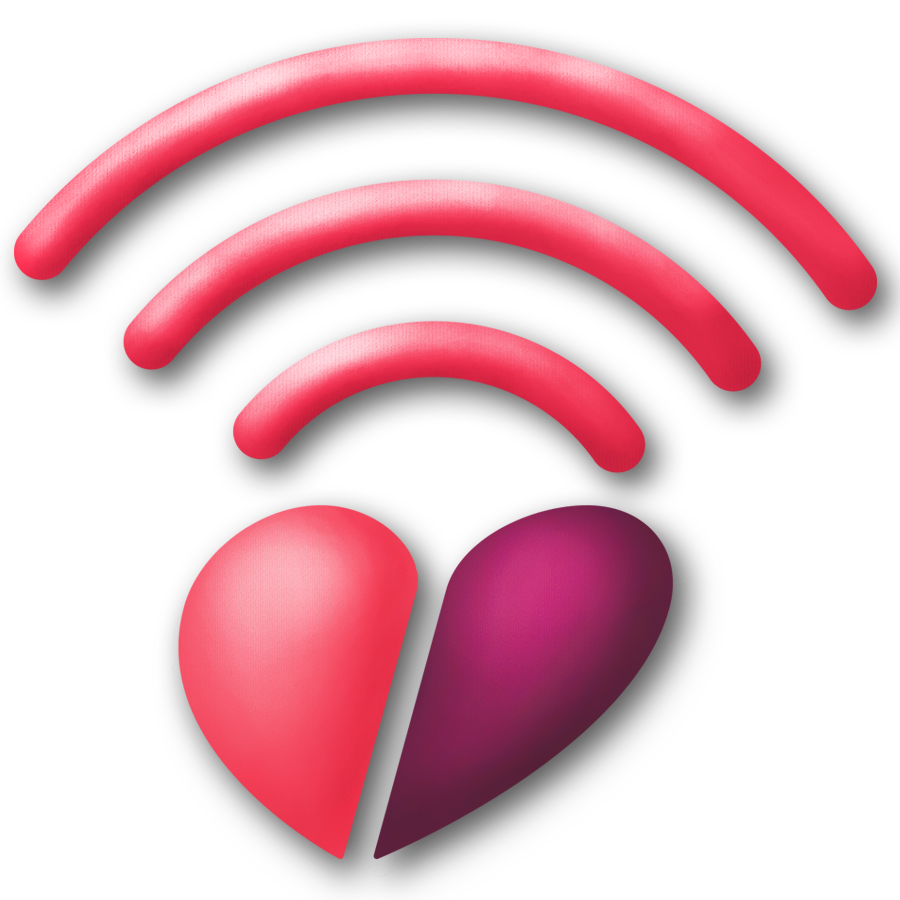Societi Scientific Advisory Board response to press coverage on Kawasaki Disease and Covid-19
April 2020
We’ve been contacted by a huge number of families regarding the severe worry caused by social media and other media coverage on Covid-19 and Kawasaki Disease.
A lot of these media articles were confused and contained little factual information.
Whilst we acknowledge the important role of the medical community observing these cases and support efforts to monitor the situation closely, a lot of worry has been caused. We understand that and want to provide some clarity.
Based on all available information made available so far we note:
The cases being referred to have been reported in approximately 20 children in the UK (out of 11.5 million U.K. children) – of whom half tested *negative* for Covid-19 according to their doctors.
There is no current evidence of any increased incidence or greater susceptibility to Covid-19 infection for children who had Kawasaki Disease in the past.
All of the c. 20 cases are new, acute illness in children.
Fewer cases of Kawasaki Disease than would be normally expected at this time of year are currently being seen – not more.
Kawasaki Disease is a seasonal inflammatory disorder peaking in the winter and spring, and whilst no infection has ever been proven to be the sole trigger, the scientific community believe that any one of many infections may trigger Kawasaki Disease in susceptible children. For the majority of cases, Kawasaki Disease occurs without ever identifying any infectious cause. We are aware of recent delayed presentations of Kawasaki Disease because of initial incorrect diagnoses of Covid-19, resulting in adverse coronary outcomes due to delayed institution of treatment.
Please also see the RCPCH statement below.
https://www.rcpch.ac.uk/news-events/news/college-responds-recent-reports-covid-19-children
For more information on our Scientific Advisory Board, please click here


 News
News